Is New Zealand’s zero Covid strategy an expensive fantasy?
Jacinda Ardern puts islands into lockdown as other countries abandon zero-Covid approach
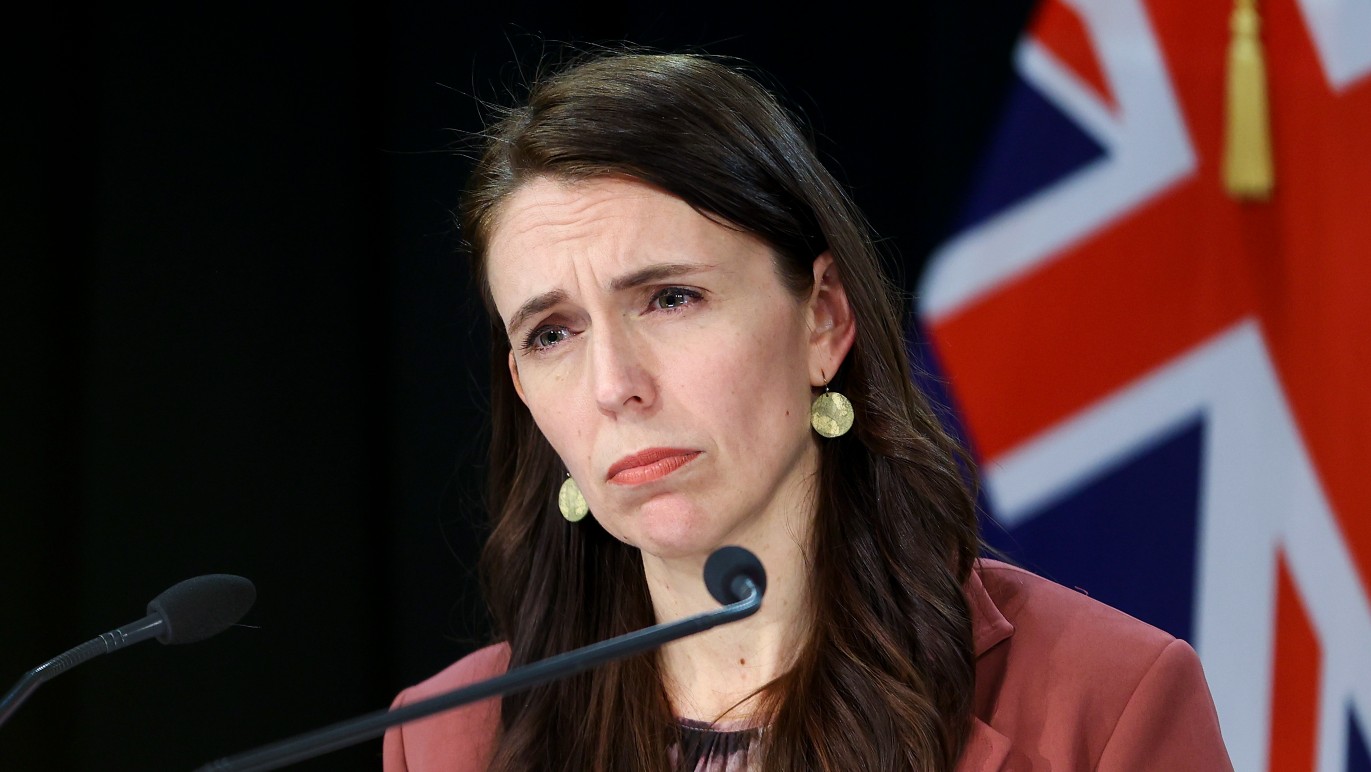
The New Zealand government has announced a snap lockdown after a man tested positive for Covid, the first case in the country in six months.
Auckland, where the single case was detected, will be in lockdown for a week, while the rest of the country will be in lockdown for three days, reports the BBC.
Authorities believe that the new case was the Delta variant. The victim is thought to have been infectious since last Thursday, with at least 23 potential sites of transmission.
Subscribe to The Week
Escape your echo chamber. Get the facts behind the news, plus analysis from multiple perspectives.

Sign up for The Week's Free Newsletters
From our morning news briefing to a weekly Good News Newsletter, get the best of The Week delivered directly to your inbox.
From our morning news briefing to a weekly Good News Newsletter, get the best of The Week delivered directly to your inbox.
Announcing the return to a strict lockdown, Prime Minister Jacinda Ardern said: “We have seen what can happen elsewhere if we fail to get on top of it. We only get one chance.”
However, Bloomberg’s Michelle Fay Cortez has argued that nations that attempt zero-Covid policies by attempting to wipe out every infection, may eventually have to consider a “looser stance” due to the power of new variants.
Some nations already have. Last month, Singapore abandoned its zero-Covid stance. Like New Zealand, it had attempted to block the spread of the coronavirus by strict border controls, a mask mandate, enforced social distancing and “aggressive” contact tracing, says The Times.
Leaders in Singapore have since eased restrictions and aimed for a “living with Covid” mission, after concluding that the disease will not be eradicated as new variants continue to emerge.
On Monday, Australian Prime Minister Scott Morrison also said that his nation’s zero-Covid strategy will be abandoned once adult vaccination rates have reached between 70% and 80%. Australia had previously sealed its borders and imposed tough restrictions in pursuit of becoming completely Covid free.
Tim Wallace in The Telegraph warns that “zero-Covid zealotry” is wreaking economic “havoc”, with economists slashing forecasts for China and Australia due to their strict approaches.
Speaking to the South China Morning Post, Hong Kong doctor David Owens says that while the “zero Covid” approach was the best strategy in the short term, countries that pursued it should now follow the example of Singapore.
Jay Bhattacharya, a professor of medicine at Stanford, and Donald J. Boudreaux, a professor of economics at George Mason University, call the eradication of Covid “a dangerous and expensive fantasy”.
Writing in The Wall Street Journal, they point to smallpox as the “lone human infectious disease we’ve deliberately eradicated” and explain why it “shouldn’t be used as a precedent for Covid”. While smallpox was carried only by humans, Covid can be carried by animals. Its vaccine was also “incredibly effective” at preventing infection, while the Covid jabs are far less effective at preventing its spread.
“And smallpox eradication required a concerted global effort lasting decades and unprecedented cooperation among nations. Nothing like this is possible today, especially if it requires a perpetual lockdown in every country on earth,” they say.
Nevertheless, New Zealand has dismissed calls for it to abandon “zero-Covid” and follow in Britain’s footsteps to “live with” the virus, saying the level of death proposed by Boris Johnson would be “unacceptable”.
Ardern said: “The priority for me is how do we continue to preserve what New Zealand has managed to gain and give ourselves options, because this virus is not done with the world yet.”
News of a disastrous outbreak of the Delta variant in Sydney has helped galvanise ongoing support in New Zealand for its government’s position. Epidemiologist and public health professor Michael Baker told The Guardian the elimination strategy “has served us extremely well in New Zealand”.
Sign up for Today's Best Articles in your inbox
A free daily email with the biggest news stories of the day – and the best features from TheWeek.com
-
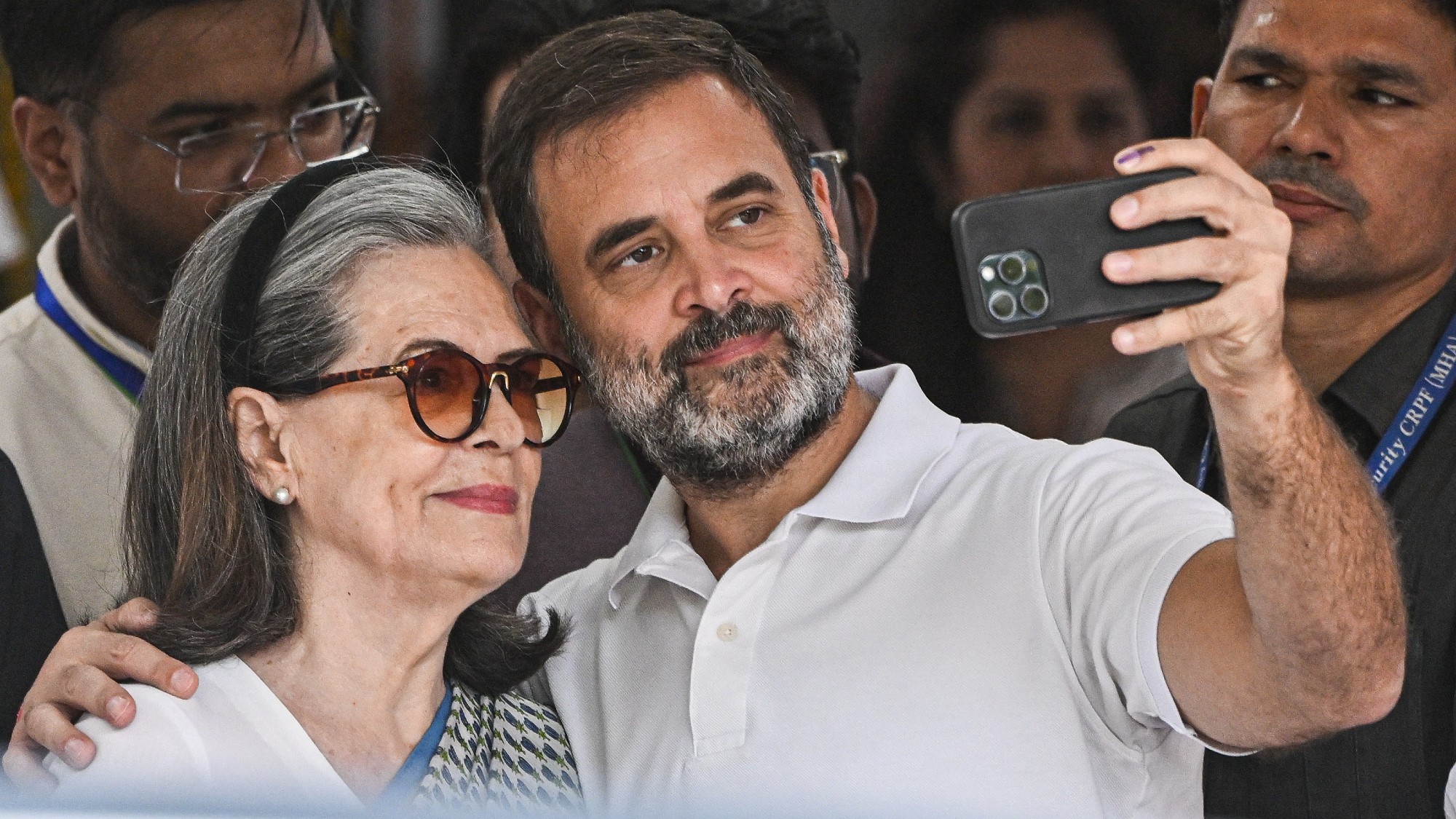 Gandhi arrests: Narendra Modi's 'vendetta' against India's opposition
Gandhi arrests: Narendra Modi's 'vendetta' against India's oppositionThe Explainer Another episode threatens to spark uproar in the Indian PM's long-running battle against the country's first family
By Harriet Marsden, The Week UK
-
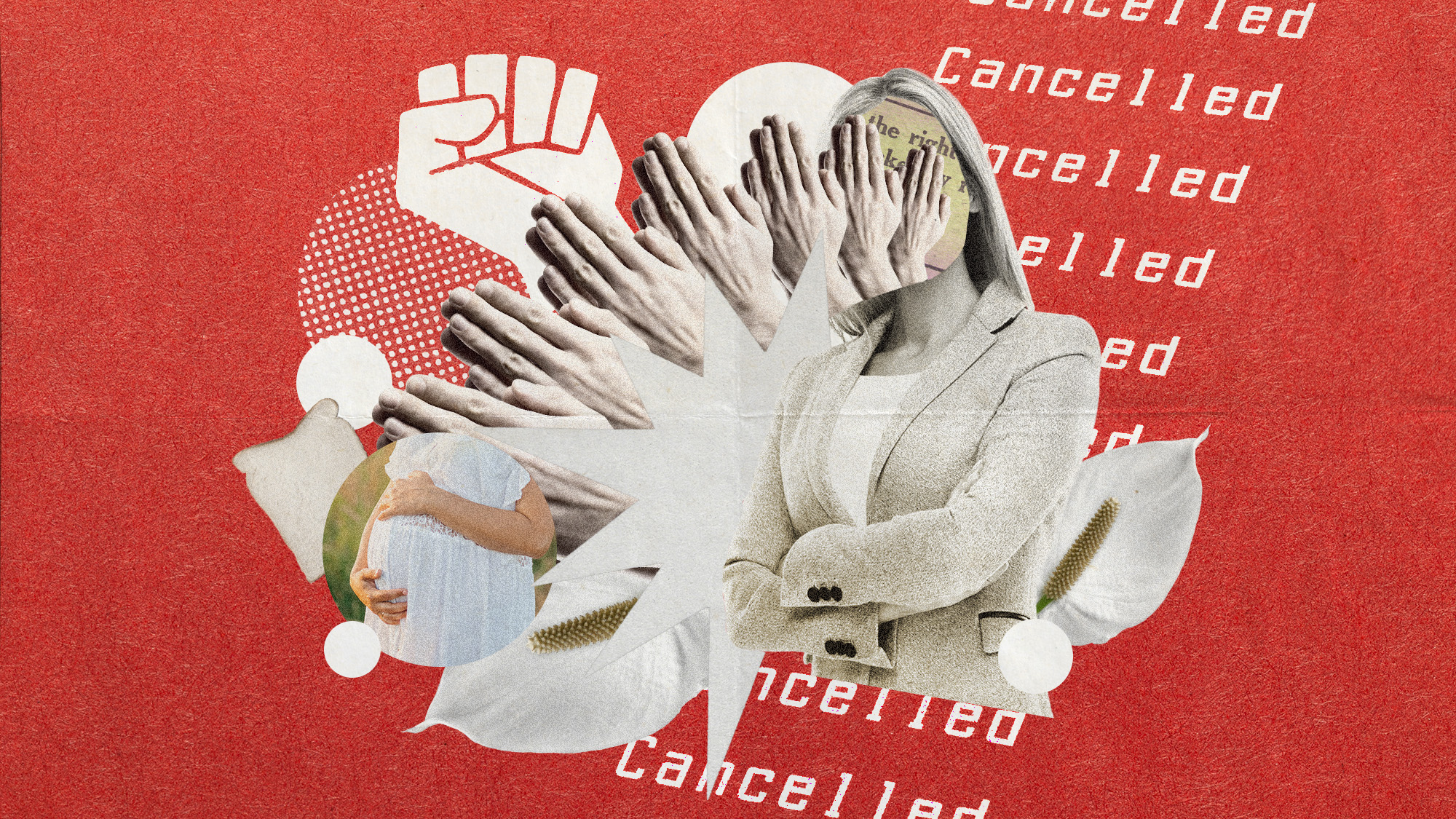 How the woke right gained power in the US
How the woke right gained power in the USUnder the radar The term has grown in prominence since Donald Trump returned to the White House
By Chas Newkey-Burden, The Week UK
-
 Codeword: April 24, 2025
Codeword: April 24, 2025The Week's daily codeword puzzle
By The Week Staff
-
 Why Russia removed the Taliban's terrorist designation
Why Russia removed the Taliban's terrorist designationThe Explainer Russia had designated the Taliban as a terrorist group over 20 years ago
By Justin Klawans, The Week US
-
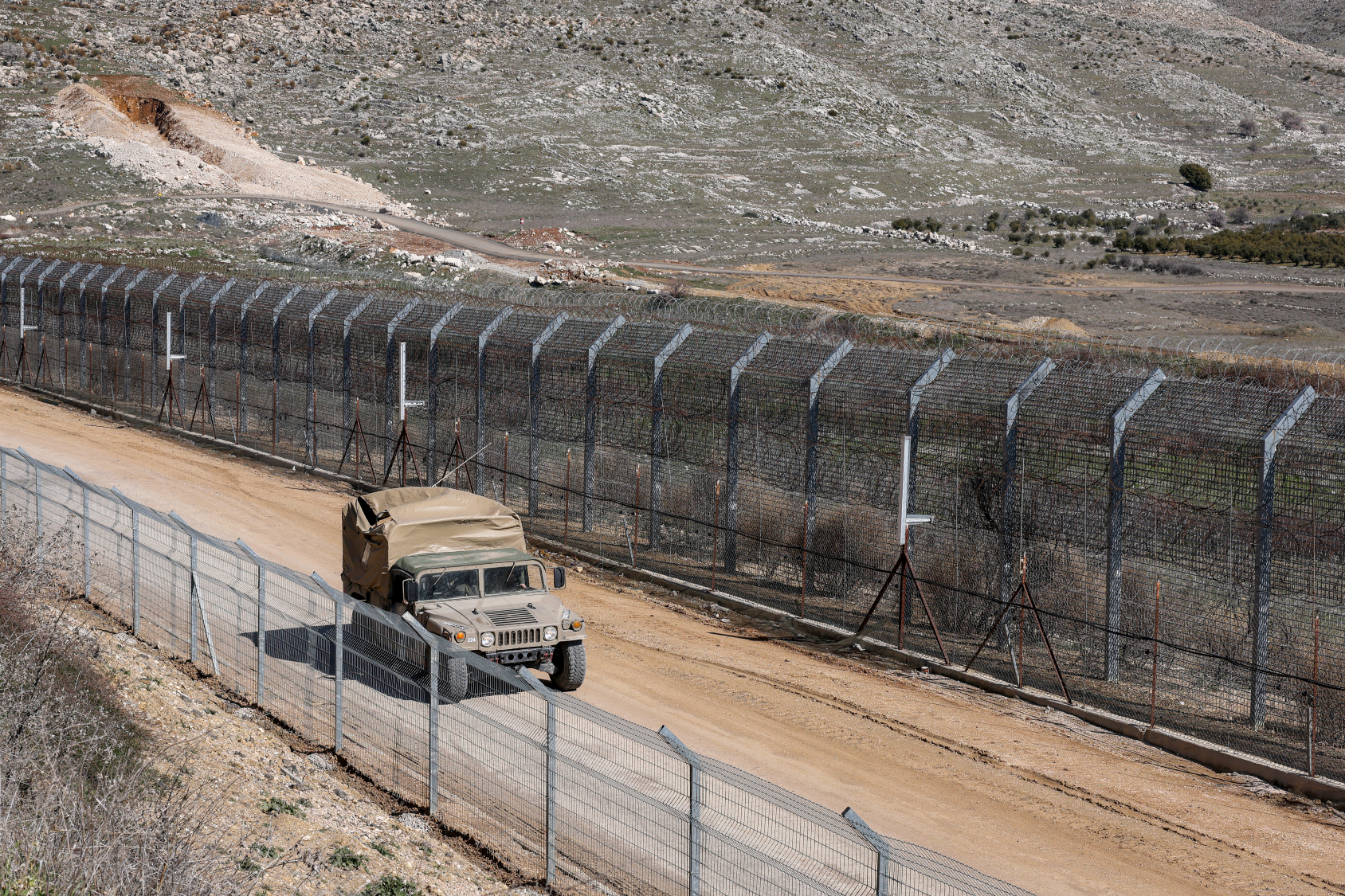 Inside the Israel-Turkey geopolitical dance across Syria
Inside the Israel-Turkey geopolitical dance across SyriaTHE EXPLAINER As Syria struggles in the wake of the Assad regime's collapse, its neighbors are carefully coordinating to avoid potential military confrontations
By Rafi Schwartz, The Week US
-
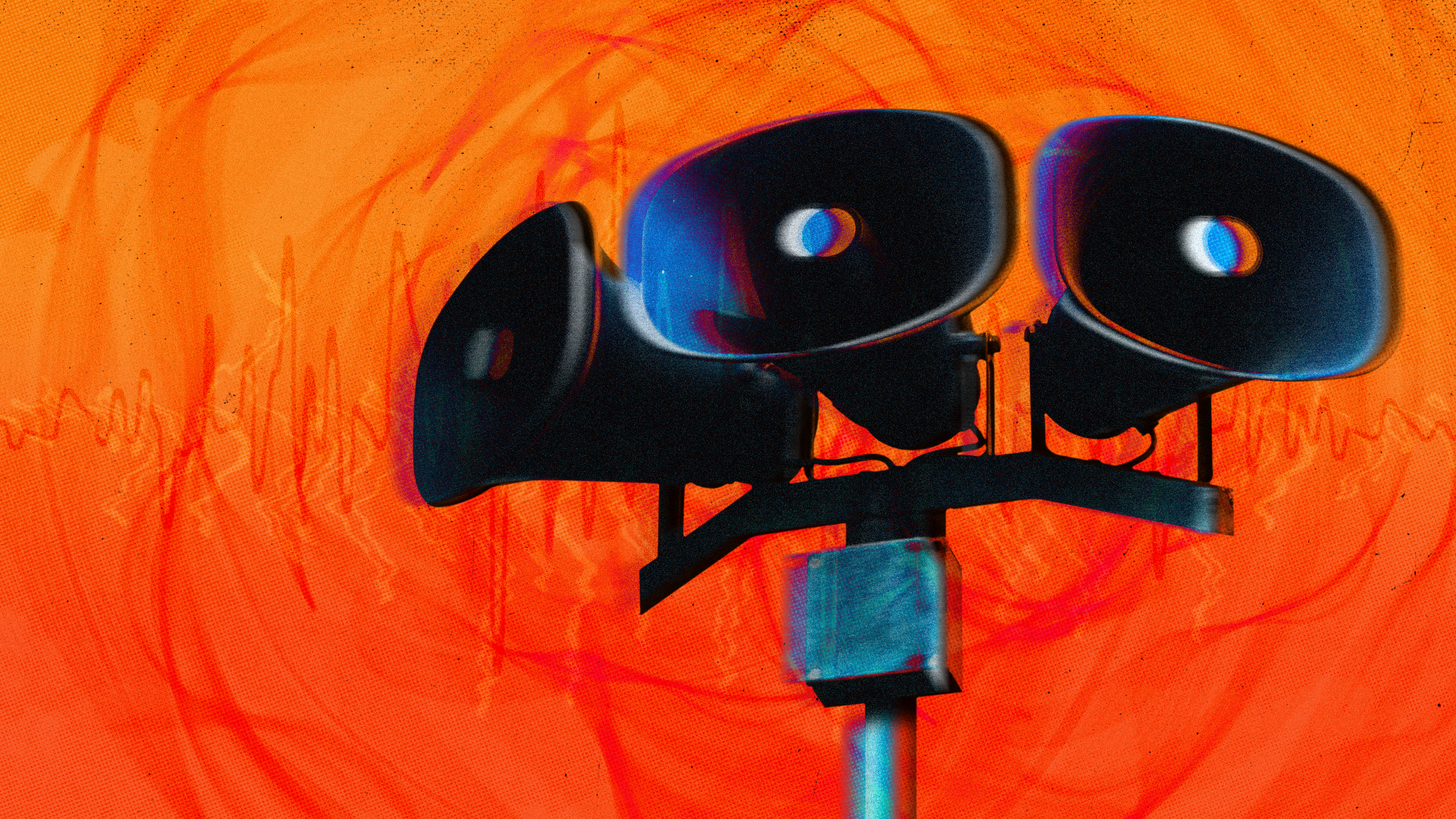 'Like a sound from hell': Serbia and sonic weapons
'Like a sound from hell': Serbia and sonic weaponsThe Explainer Half a million people sign petition alleging Serbian police used an illegal 'sound cannon' to disrupt anti-government protests
By Abby Wilson
-
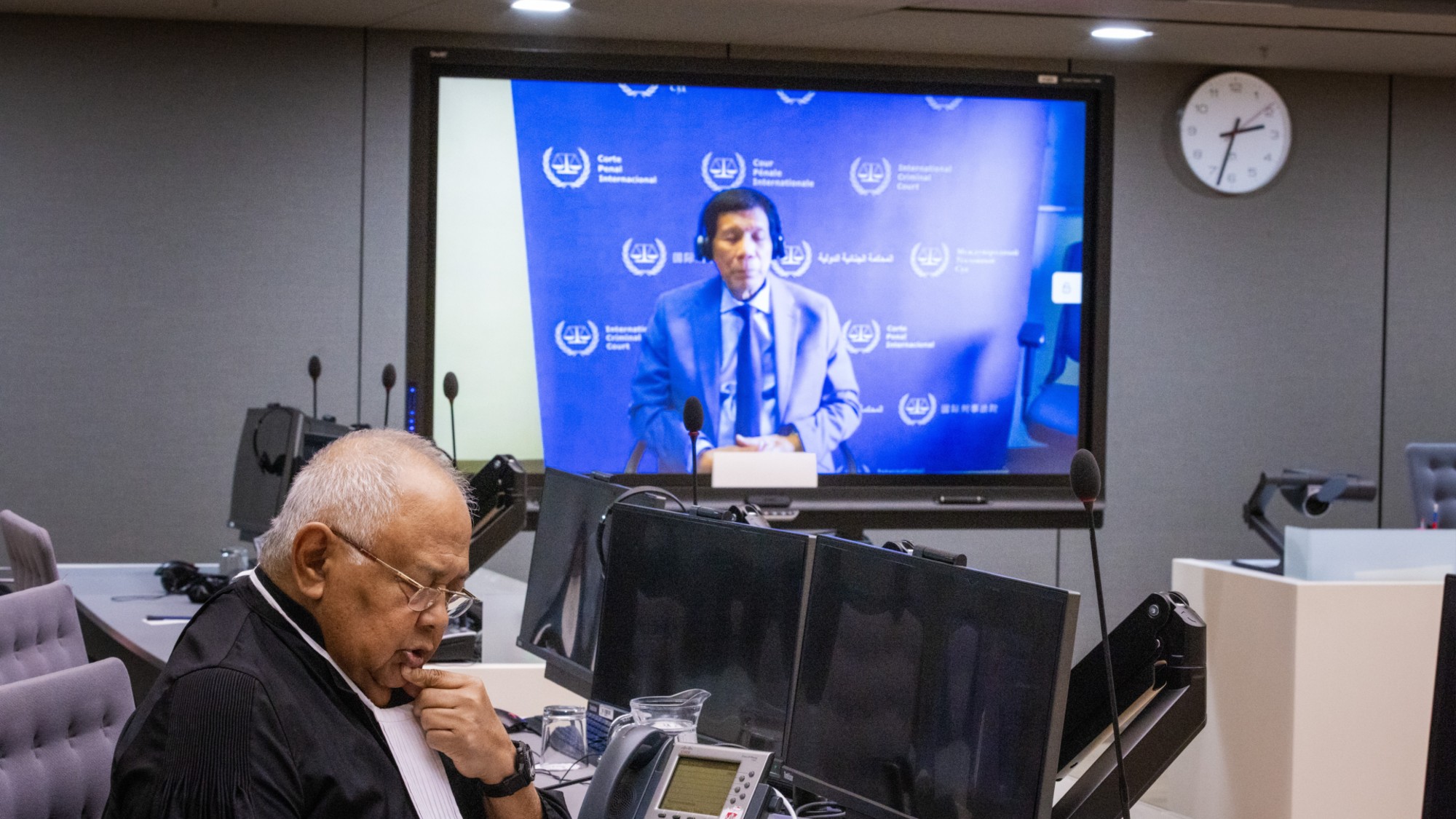 The arrest of the Philippines' former president leaves the country's drug war in disarray
The arrest of the Philippines' former president leaves the country's drug war in disarrayIn the Spotlight Rodrigo Duterte was arrested by the ICC earlier this month
By Justin Klawans, The Week US
-
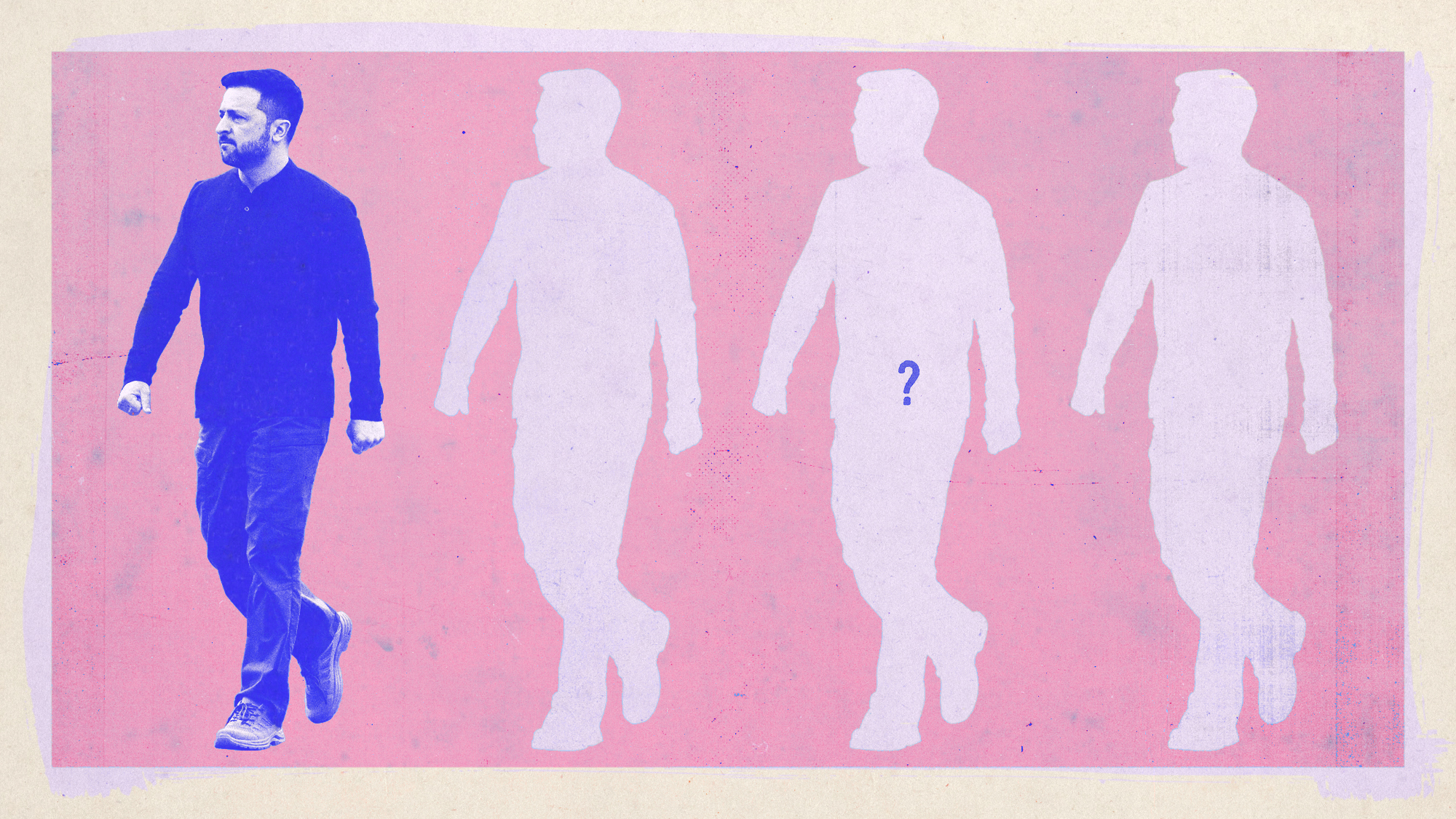 Ukrainian election: who could replace Zelenskyy?
Ukrainian election: who could replace Zelenskyy?The Explainer Donald Trump's 'dictator' jibe raises pressure on Ukraine to the polls while the country is under martial law
By Sorcha Bradley, The Week UK
-
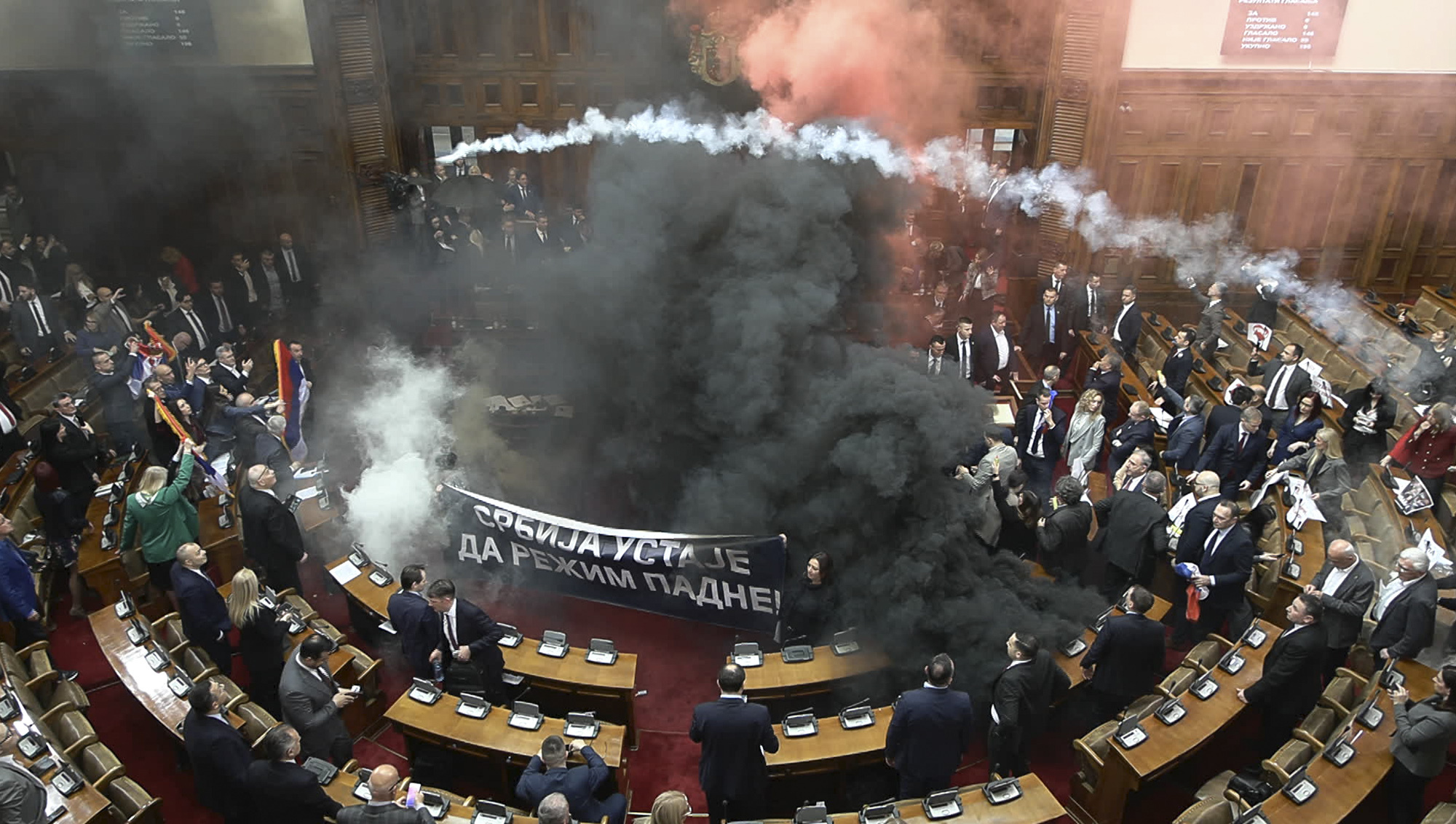 Why Serbian protesters set off smoke bombs in parliament
Why Serbian protesters set off smoke bombs in parliamentTHE EXPLAINER Ongoing anti-corruption protests erupted into full view this week as Serbian protesters threw the country's legislature into chaos
By Rafi Schwartz, The Week US
-
 Who is the Hat Man? 'Shadow people' and sleep paralysis
Who is the Hat Man? 'Shadow people' and sleep paralysisIn Depth 'Sleep demons' have plagued our dreams throughout the centuries, but the explanation could be medical
By The Week Staff
-
 Why Assad fell so fast
Why Assad fell so fastThe Explainer The newly liberated Syria is in an incredibly precarious position, but it's too soon to succumb to defeatist gloom
By The Week UK